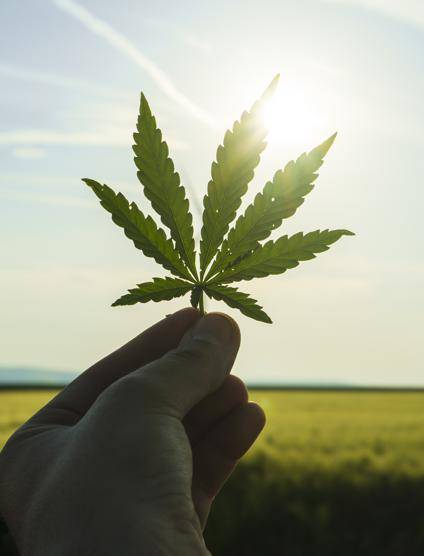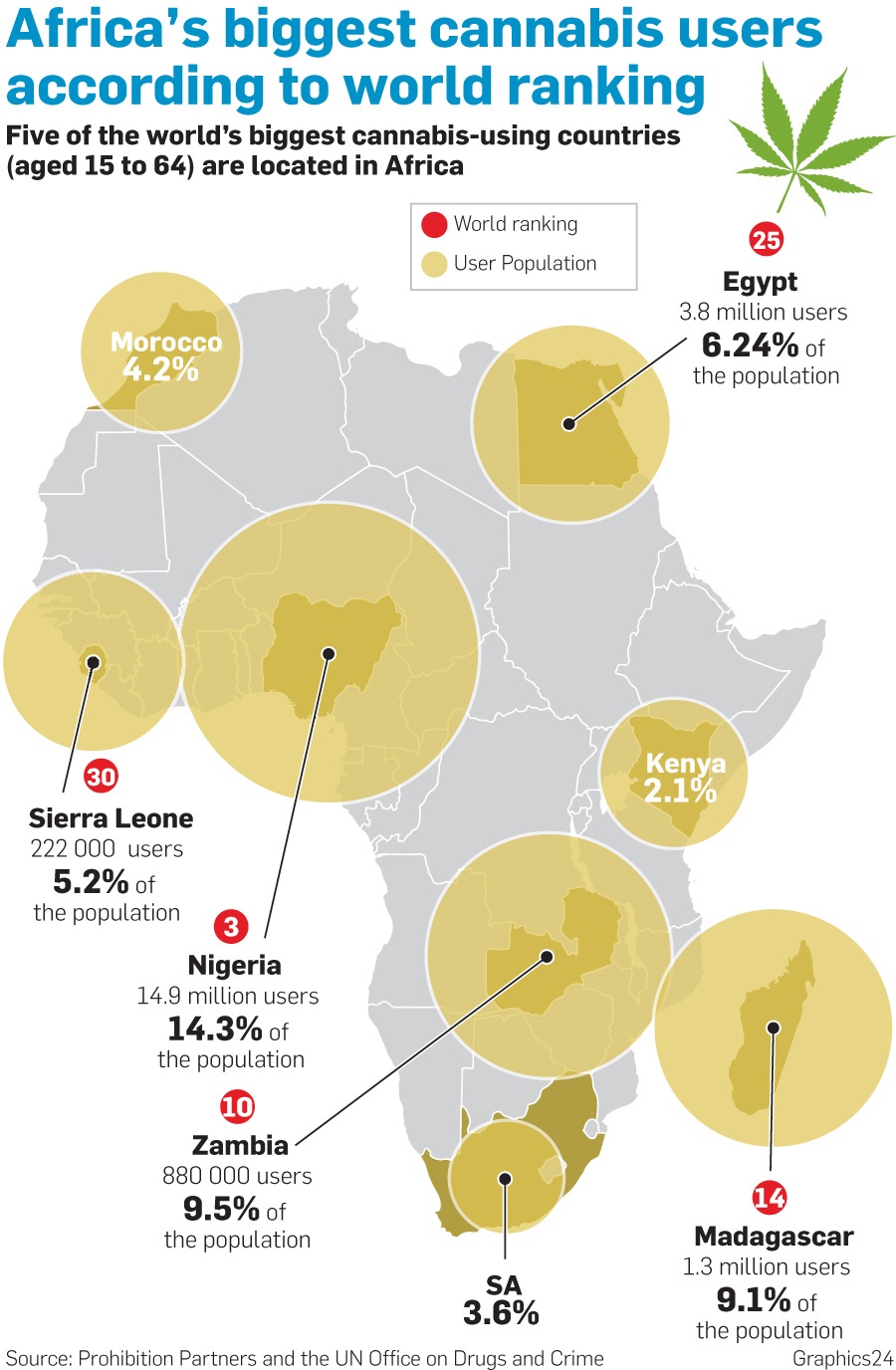
Government wants to have concept plans for the development of the hemp and dagga sector in place by October, especially considering the potential the industry could hold for job creation, says Busani Ngcaweni, the head of policy and research in the presidency.
This is one of the economic sectors in which concept master plans are being developed because there is enough evidence to show that jobs will be created, especially in rural areas, said Ngcaweni at a conference in Sandton last week.
The plans are to be modelled on the success of government’s development and support programme for the vehicle manufacturing sector since 1995, which is regarded as one of the most important interventions in industrial policy.
The plans for various economic sectors, including textiles, sugar and downstream activities in the steel industry, will form part of government’s second investment summit, which is scheduled to be held in November, said Ngcaweni.
According to international experts, South Africa’s dagga industry could be worth more than $7.1 billion (R107 billion) if legislation to legalise one of the continent’s biggest markets is passed.
Prohibition Partners, which works to unlock community and commercial opportunities in the cannabis industry based on reliable data and research, said South Africa and Nigeria had the potential to become the continent’s highest value markets, worth $667 million and $75 million, respectively, by 2023 if the use of dagga is permitted for medicinal and recreational use.
This information is contained in the African Cannabis Report, the first detailed report on the legal dagga industry in Africa. The report also covers the benefits for the continent should the legalisation be passed.
According to the report, which was published in March, five of the world’s 30 biggest dagga-consuming countries (in the age group of 15 to 64) are in Africa. These are Nigeria, Zambia, Egypt, Madagascar and Sierra Leone.
The report indicates that the World Health Organisation estimates that South Africa is the third-largest dagga producer in the world, with an estimated 900 000 dagga farmers. This is above and beyond the estimated 350 000 traditional healers who cultivate dagga.
South Africa is also considered to be a country that has a suitable climate for the cultivation of dagga, especially in the Eastern Cape and KwaZulu-Natal.
According to landbou.com, the Agricultural Research Council is ready to cultivate its hemp cultivars commercially.
Trial runs worked best in the Eastern Cape and in the Western Cape.
The guidelines for the commercialisation of hemp in South Africa need to be approved by government, and public consultation must also take place, landbou.com reported last week.
Hemp and marijuana are varieties of the species Cannabis sativa.
Marijuana refers to the plant that is cultivated for its high levels of tetrahydrocannabinol (THC), which is responsible for the psychoactive effect of dagga. Hemp refers to a plant that is typically cultivated for industrial use, such as oils, fibre or clothes. Hemp has a very low THC concentration.
Prohibition Partners refers to a report from the UN, which estimates that South Africa’s annual dagga production is at about 2 500 tons and can still increase. The South African Health Products Regulatory Authority recently approved the first licence for the cultivation of medicinal dagga.
In September, the Constitutional Court legalised the growing of dagga for private use by adults in private settings.
According to Mzukisi Qobo, an associate professor at Wits Business School, and Wandile Sihlobo, chief economist at the Agricultural Business Chamber of SA, many African governments have relaxed regulations and laws governing the use of dagga to help stimulate rural development and create jobs.
In an article that originally appeared in Daily Maverick in July, they write that, in 2017, Lesotho became the first African country in which dagga was decriminalised. The first production licence was granted last year.
Read: Weed will save us: Local research project looks into uses of 'very versatile'plant
However, Qobo and Sihlobo say that licensing in many African countries is a long and costly process.
In Lesotho, a licence costs close to R500 000 and must be renewed yearly at a cost of R130 000.
In South Africa, licensing fees will have to be lower to ensure economic inclusivity.
Prohibition Partners said data from New Frontier estimated that South Africa had a $1.2 billion market for cannabis and related products.
In addition to low-income consumers, there is also potential at the upper end of the market for edibles (such as cannabis pizza), dagga-infused drinks, essential oils, medicinal cannabis and textiles.
The organisers of the fourth cannabis expo in South Africa, which will be held in Sandton in November, said that, as a result of the growing dagga industry in Africa, there is increasing interest among international cannabis companies to exploit opportunities on the continent.
In Lesotho, the growth prospects after legalisation have already led to an influx of foreign investment, according to Prohibition Partners.




 Publications
Publications
 Partners
Partners









